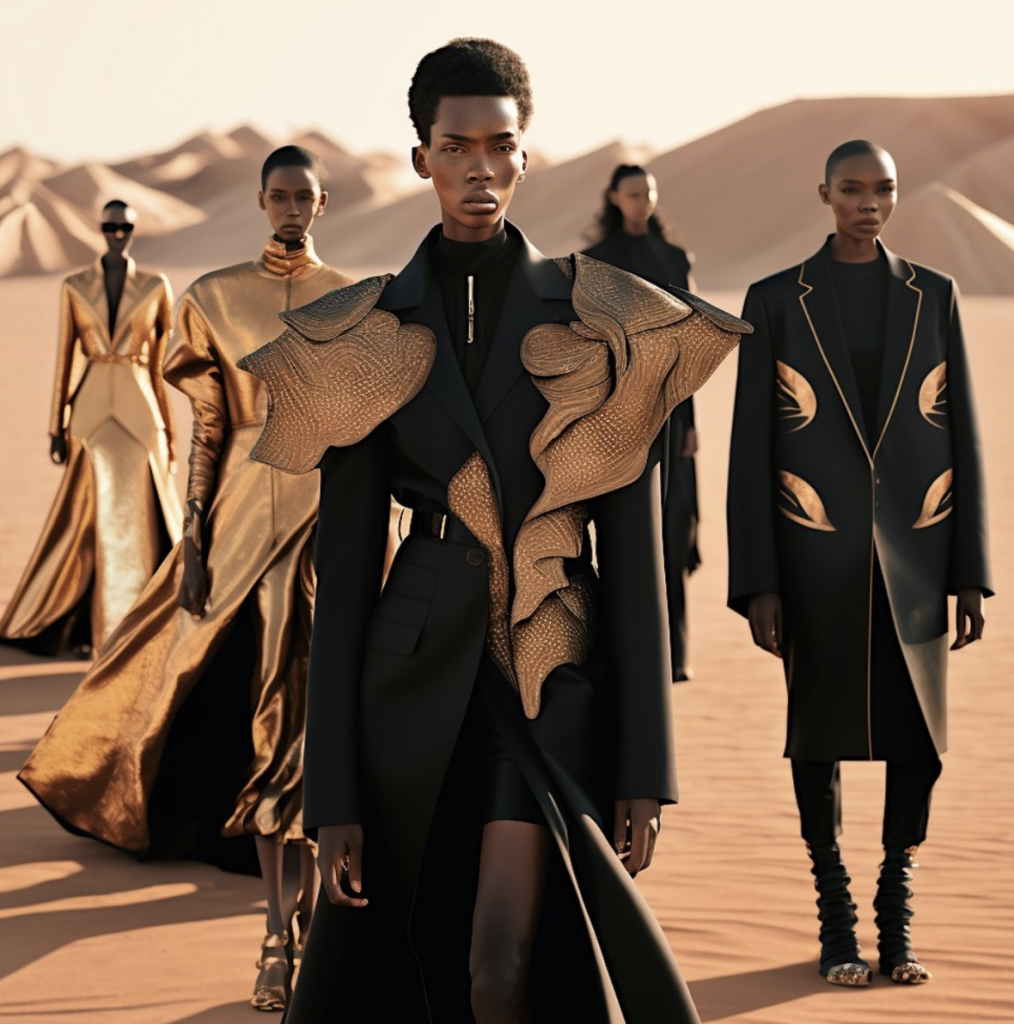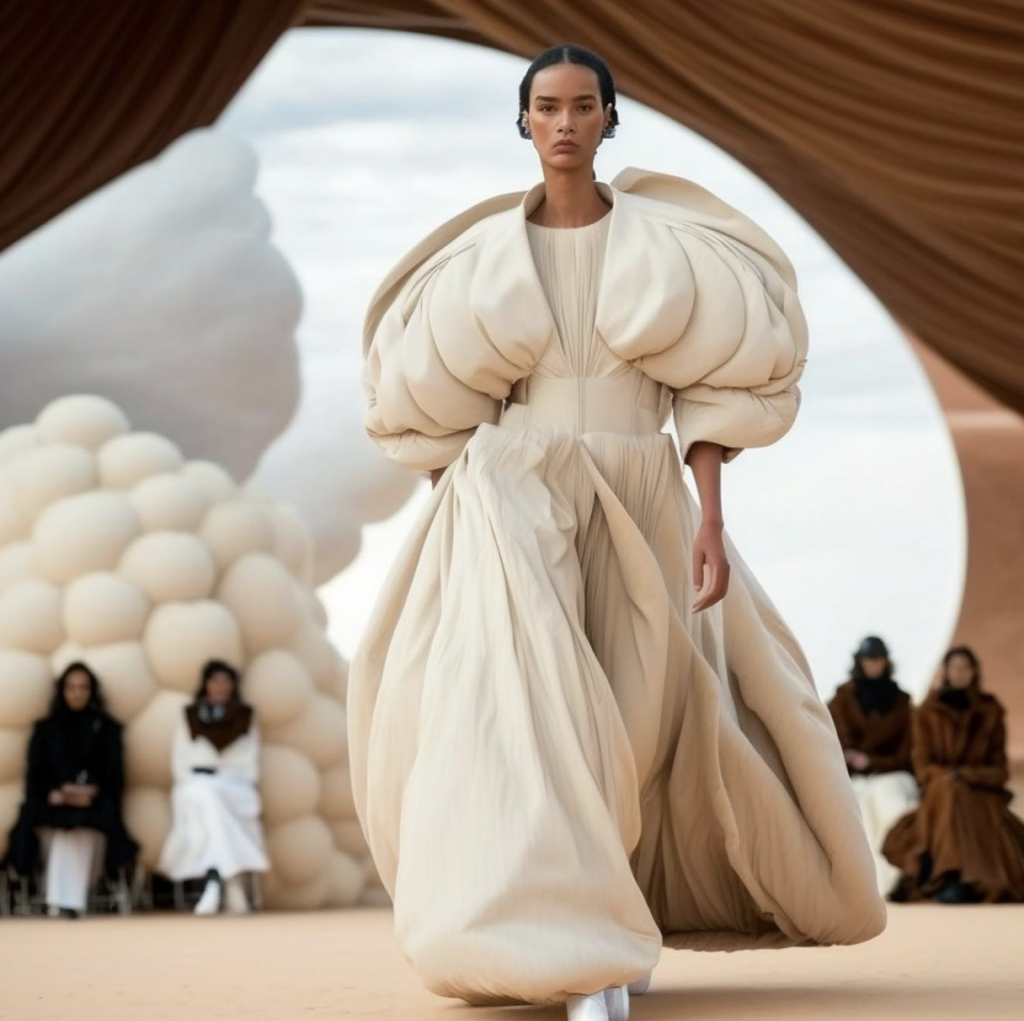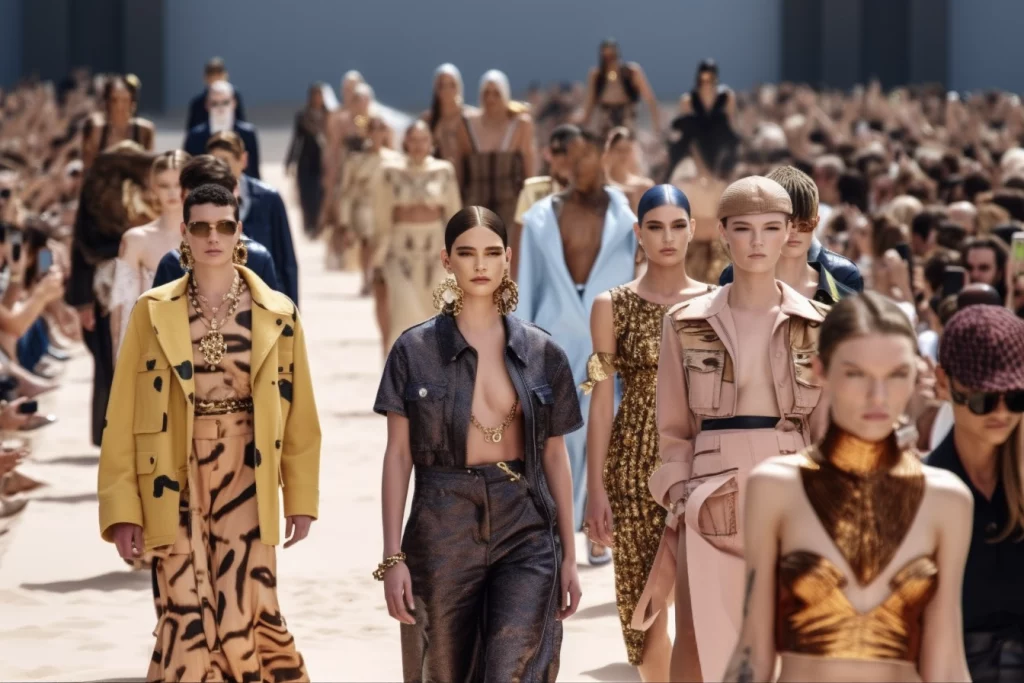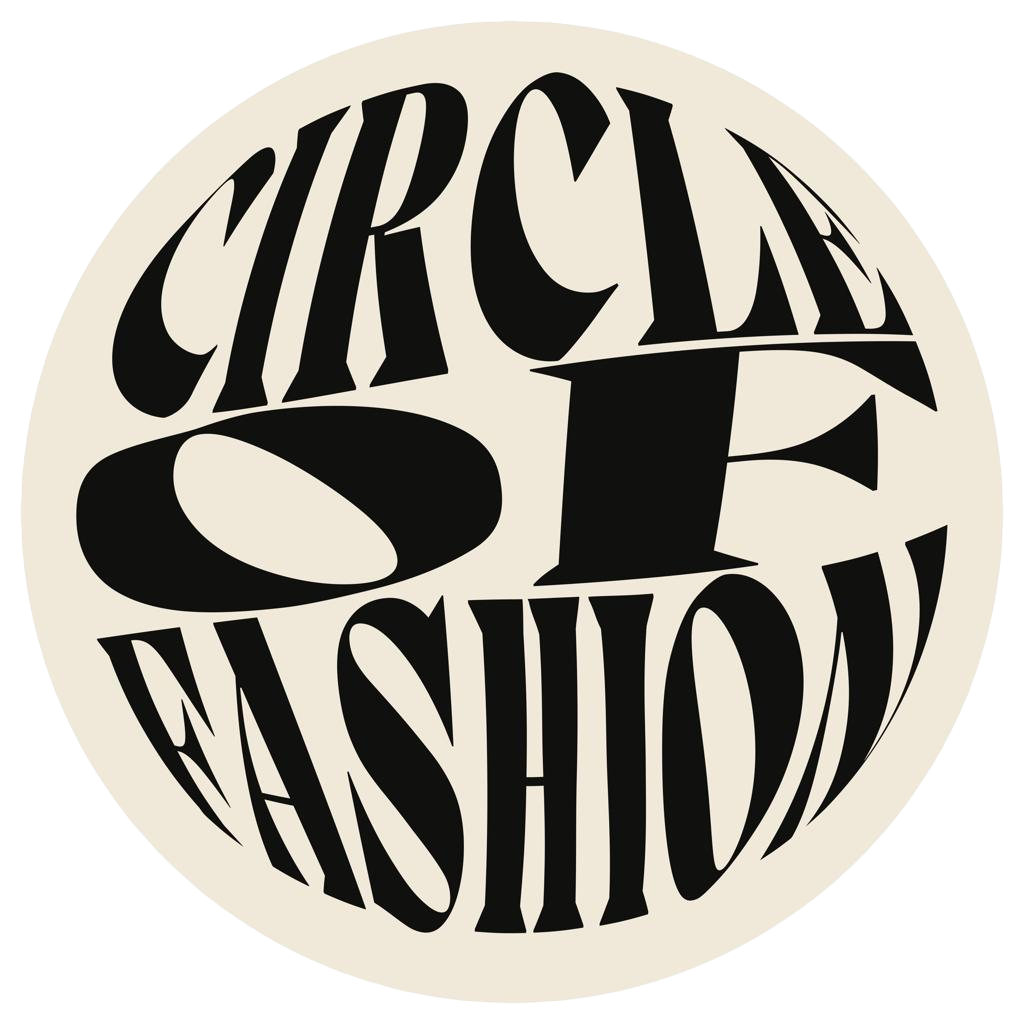Luiza de Campos Mello Grijns
Chat GPT may have taken centre-stage in the latest of Artificial Intelligence technology taking our world by storm (especially during finals season), but these developments don’t stop there. In the fashion industry, we’ve already seen AI photo-shoots, AI models, and now recently, the announcement of an AI fashion week.
The AI fashion week (@fashionweek.ai on Instagram), the first of it’s kind, is produced by the digital creator Maison Meta. The event, held the 20th and 21st of April, involves two rounds of evaluation – the first of which will be held online and thus open to a wider audience, and the second by a select group of “industry experts.” Designers were invited to submit collections containing 15 to 30 different looks, and the top three winners are announced in May.


Since it’s announcement, the AI fashion week has sparked controversy – controversy similar to that received by other forms of AI in the art world, such as in song-writing, photography, and paintings.
Fashion enthusiasts were quick to bash the announcement via social media. Concerns were raised in particular over the potential to foster a lack of individuality and ingenuity while instead promoting the recycling of previously executed ideas. Critiques were harsh, including those likening AI fashion to theft, and insinuating the mere act of a computer-generated artwork involves a degree of plagiarism. The efficiency of AI as a designer additionally threatens to increase the already intense competition faced by smaller and upcoming designers. In general, there is a sense of distrust surrounding the development and its potential to upend the creative process for designers by upping the stakes for speed and efficiency.


Yet, the fashion world is no stranger to drastic change, especially change which is typically not well-received at its conception. Arguably, change itself is necessary in order to continuously challenge and push the boundaries of what we are capable of. It is in the very nature of art to both reflect, as well as adapt to, the world around it. The rise in modern technology has been no exception – it’s conjunction with fashion has resulted in groundbreaking tools for the industry such as synthetic media, virtual influencers, and 3D printing, to name a few. This begs the question: Will AI have the potential to revolutionise fashion, as an artform, without its key component of creativity?
While it will undoubtedly enhance the technical aspects within fashion production, it may be able to spark changes within the industry itself. A notable detail of the AI fashion week is its stance on inclusivity, as it boasts its show as “open to all.” This poses an interesting push in boundaries for an industry which has a long-standing reputation for exclusivity, particularly surrounding fashion week runway shows. This is just one aspect of the show with potential to cause a ripple effect in the fashion world – AI brands, designers, and fashion weeks may proliferate and reshape the norms in a century-old industry.

The impact of AI in fashion may transcend the production of runway shows to reach consumer demand – that is, influencing trends. The utilisation of data will become centre to the manufacturing process as AI-created designs may be driven in anticipation of customer wants rather than personal innovation. In a sense, the fashion world may be increasingly headed towards a bottom-up system, in which consumers shape what hits runways, instead of runway shows setting the trends themselves.
The extent to which AI may ultimately mould the future of fashion as we know it is still unclear. For now, the exciting new looks from the first ever AI fashion week debut with a backdrop over the debate on just how far technology can or should mingle with such an inherently human form of expression.
